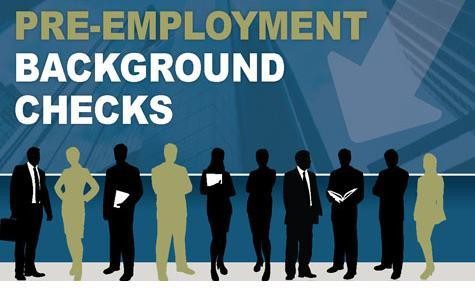Time Management Tip: Try Time Chunking
People often ask how I organize my time since I have a bit of a crazy schedule. From owning a full-time business, to public speaking, to being my church’s choir director, to volunteering and/or holding board memberships on multiple committees/boards around the Kansas City area, and helping out on my church’s website and social media, […]
Time Management Tip: Try Time Chunking Read More »









